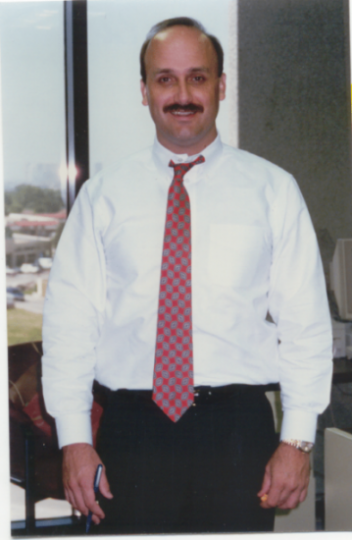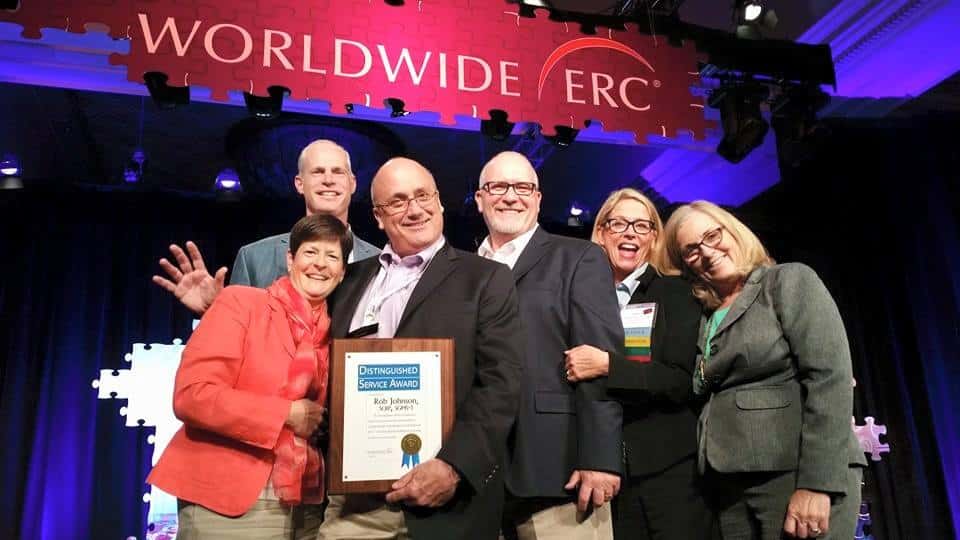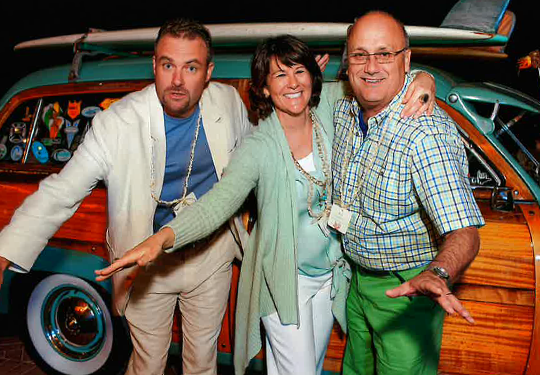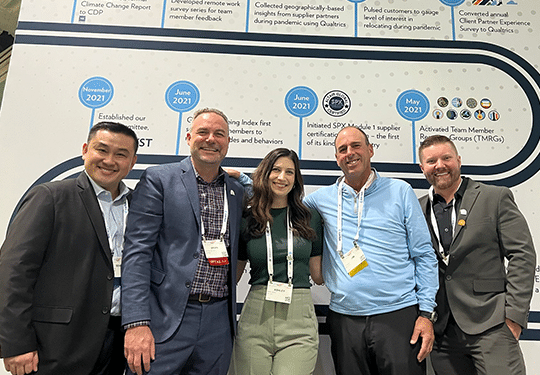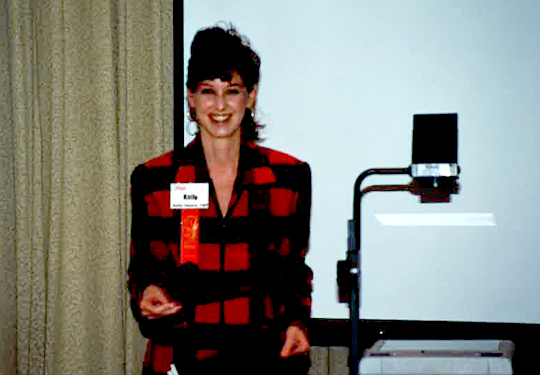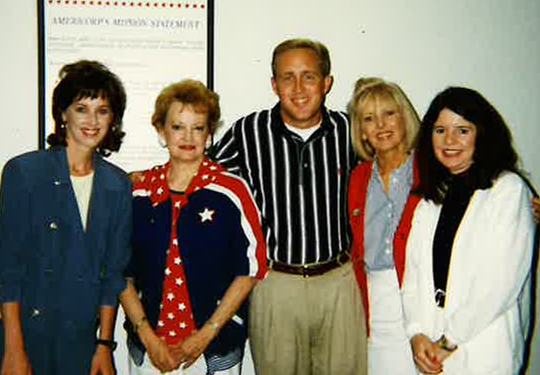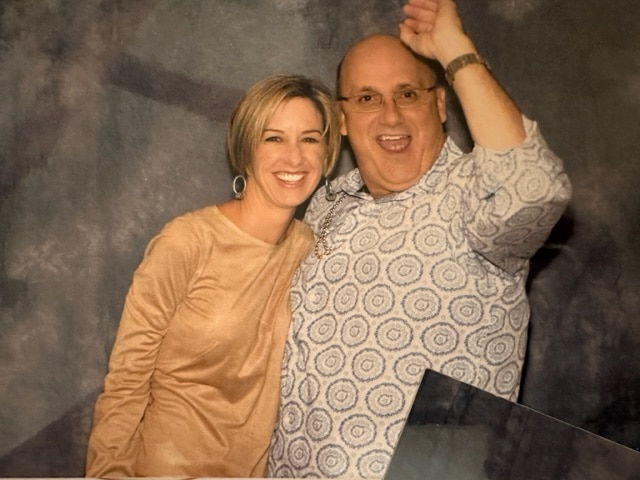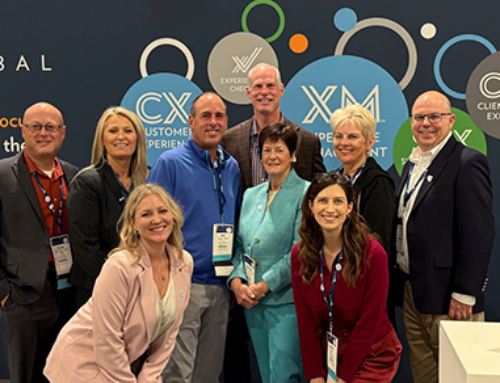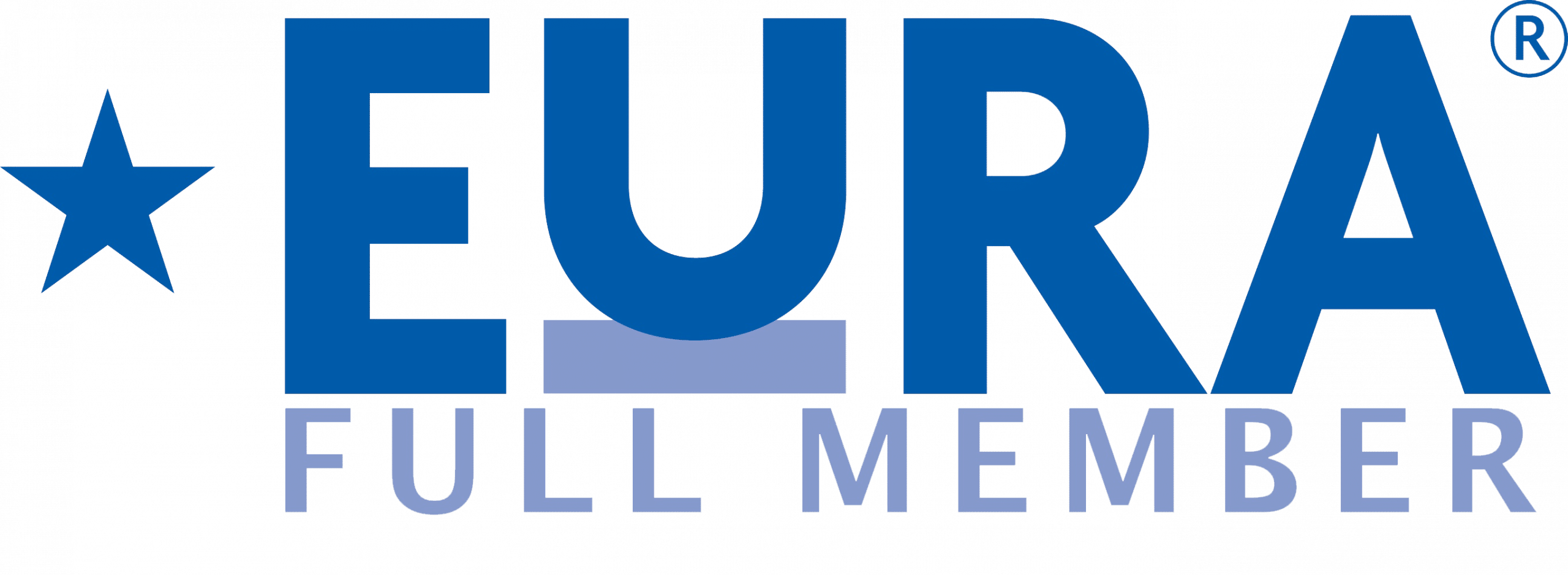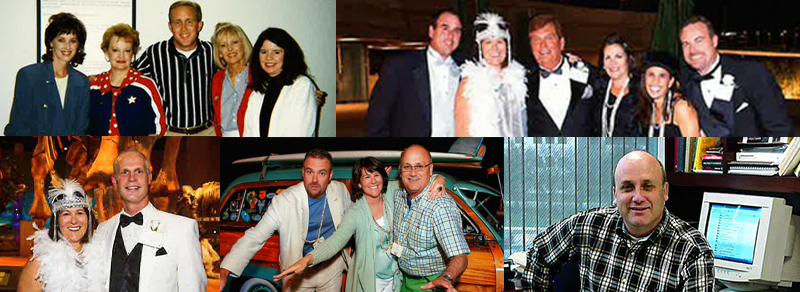
Back to the Future: Global Mobility Through the Generations
Moving employees across land, sea, and state and country borders can be a daunting task. To help corporations navigate the complexity of relocation and ease the burden for both mobility managers and relocating employees, the professional mobility industry was born.
Relocation management companies (RMCs) first appeared in the 1960s. In these early years, RMCs were solely focused on supporting home sales in the U.S., but by the 1990s the menu of services rapidly expanded as corporations leaned more heavily on RMCs to support all areas of a move. Partnering with an RMC such as Altair Global ensures all bases are covered for a safe and smooth relocation. (Want to learn more about the history of the mobility industry? You can do so here.)
Founded in Dallas, Texas in 1989 as AmeriCorp, Altair Global was built on a dream of finding ways to make a difference to our client partners and customers (their relocating employees) by providing them with the best experiences possible. As we move forward, the global mobility industry does, too, and new changes – and challenges – are constantly being introduced.
What does the next frontier of global mobility look like? Time will tell! For now, let’s look back at the last 60 years of corporate relocation through the eyes of those who grew up in the industry – and some of Altair’s most tenured team members – and hear what they predict for the future.
“We move people’s toasters!”
Rob Johnson, an Altair team member of 30 years who recently retired, is one among many from the Baby Boomer generation who are retiring after decades in mobility. Rob had a front-row seat to the industry’s growth. When he started, he said all the team did was “buy houses all day long, helping employees sell their house and then buy a new one in their new city.” He reflected on how natural the evolution of the work was to then take on transportation of those same relocating employees’ household goods (including their toasters!) to their new destination, coordinate their temporary living in a corporate apartment, and pay all their allowances. Through these added services and more, the RMC’s role in relocation became more comprehensive.
Some of the greatest changes Rob has seen over recent years are the increase in global activity and how younger generations approach work and life. He stated that relocating millennials aren’t moving into as many houses, but rather apartments, and where relocation used to consist of mainly a couple with two kids, it now contains a mix of familial relationships from single to families, including those taking care of aging parents. This shift created the change from offering only spousal support to now providing transition assistance, through trusted supplier partners, to help all family members in the new location.
Despite corporations allowing for remote work and greater flexibility with return-to-office in the post-pandemic world, the global mobility industry continues to be a key requirement for talent management needs. In Rob’s experience, the need for international relations, security, compliance, travel, and more continues to fuel the industry as Gen Zers graduate and want to work on the international track.
File Cabinets to File Attachments
There is a common saying that once you discover this niche industry called global mobility you never go back, and that is certainly true of Elizabeth Stewart, Executive Vice President of Business Development and Marketing at Altair. At the age of 18, Elizabeth answered a print ad for a company in a little-known industry called relocation. Her early days included ordering broker appraisal reports, paying bills, and directing home inspections. As the space grew, she did too, continuing her mobility journey through roles in client services, including as a consultant, and eventually to business development.
From starting her career back when it was typical to do business through pen and paper for hard-file tracking of each customer’s move and being literally “out of pocket” and having to use public phones to connect with others while on the move and out of the physical office, Elizabeth has undoubtedly experienced the rapid advancements of technology in the industry.
“Original advancements in technology revolutionized how we conducted work. The digitalization of information allowed us to become more efficient and have 24×7 access to customer information.”
— Elizabeth Stewart, EVP of Business Development and Marketing at Altair Global
“This was so beneficial as the industry was adapting to globalization trends and we were traveling and working across multiple time zones.”
With Great Power Comes Great Responsibility
While technological innovations bring progress in the industry, including streamlining processes and how we collect and store data, it also brings risks. We have seen more phishing attempts than ever before, and the future of mobility must include online protections and data securities. Anuar Solis, Data Protection Officer at Altair, shared in a recent WERC story, “As stewards of sensitive information, our obligation extends beyond mere compliance; it is a responsibility to continuously educate, adapt, and fortify our defenses against the unavoidable threats that define our digital age.”
At Altair, all team members—regardless of their generation or technological prowess—undergo monthly tests to fortify their defenses and ability to spot scams. Anuar shared, “The tangible result of these initiatives is a significant decrease in our team members falling victim to simulated phishing attempts.”
All Aboard the Next Generation of Mobility
Brian Potts, Executive Vice President of the Americas at Altair, has had the opportunity to see progress within the industry during his 30 years and counting as a mobility veteran – 27 of which have been with Altair. When Brian began, the industry was in its “growth” phase, and he witnessed Altair grow along that curve. He shared, “Altair was primarily a U.S.-focused organization but as globalization across corporations continued to expand, and the need to have a global talent strategy increased, RMCs built out their global service offerings and expanded their supply chains.” This directly helped the industry expand and evolve, and at Altair, connected EMEA, APAC, and the Americas as one ‘region.’
Fueling that rapid growth internationally? Technology – and the changes keep coming.
“When I first started here, it was all about service and that human-to-human connection.”
— Brian Potts, EVP of the Americas at Altair Global
“You were available to your customers mostly via phone and email, and those transferring families wanted and expected those communication channels. What we’ve seen happen with the generational shift in the customer base and enhanced technology is quite a bit more self-service through online portals and platforms and less reliance on a real-time, live connection with another person.”
Overall, there’s less people interaction than there used to be, a trend Brian feels is going to continue as we see AI develop. “It’s finding that right balance where you still don’t lose the very people–oriented, human-touch type of business that we are in. The upcoming future for mobility companies looks like a hybrid approach with certain program and service offerings reflecting that past personal touch while also being able to offer a self-serve, AI-enriched experience that allows the customer to engage in their own time at their convenience.”
One tech advancement multiple generations of Altair team members are loving is what generative AI brings to the table to enhance a customer’s experience. This year, Altair launched Ali, a customer’s AI-powered virtual assistant. Ali supports relocating employees at any moment with questions about their policy and benefits, thereby complementing the personalized experience provided by our exceptional Consultants. The future demands technological advancements, as we’ve seen through the growth of the relocation industry, and Altair is proud to continuously stay ahead of the game.
At its Heart: A People Experience
Relocation is inherently a people business, where RMCs are assisting relocating employees during one of the most stressful events of their lives. The mobility professionals who support these customers must embody a commitment to duty of care. This is why Altair is an experience-management (XM)-driven business. Many would agree with Elizabeth when she states the industry is the people – always has been, and hopefully always will be.
Altair has many team members who have been with the company for 25+ years and continue to create loyal and lasting relationships from beginning to end. Elizabeth affirms that nurturing the next generation will create opportunities for them to make their mark on what relocation looks and feels like.
“When I think about my journey as an official adult, there has been a single constant for 31 years – Altair.”
— Kelly Tepera, SVP of Customer Experience at Altair Global
Kelly joined the organization and the industry immediately after graduating college. Every company has a group of historians whose insights are typically sought by the next generation of career-seekers in an effort to validate the employer’s brand. Simply put, Kelly is an Altair historian.
New team members often inquire why she’s remained with Altair her entire career. She reflects, “I share with them it’s never been boring due to the company’s expansion, high degree of industry change, opportunities to learn from our diverse client portfolio, and my enjoyable and reliable colleagues.”
Fostering Connection, From Baby Boomers to Gen Z
With the very real global talent shortage upon us, Kelly and team member journeys similar to hers play a valuable role in Altair’s talent acquisition strategy and team member engagement goals. “Due to the global instability spanning the past several years since the start of COVID-19, it’s not shocking that 2024 graduates are prioritizing stability, transparency, inclusivity, balance, and wellness. Ironically, those are the ingredients in the recipe of my Altair experience,” she concludes.
Brian likewise sees how those entering the industry always bring fresh energy, ideas, and new ways of doing things. He reflected on what he learned from those in the industry before and how the exchange of information was beneficial for him and the team, including the knowledge behind rising technology, and he believes the coming generations have much more to teach him as a Gen Xer, as well. Even with the surge of technology, he says, the lesson that has surpassed generations is the continued need for communication and dealing person to person.
As many from the Baby Boomer generation are reaching a point of retirement, Altair is taking what could be a bitter moment as an opportunity to create a sweet future for the industry those valued team members built. This includes Altair’s partnership with The University of Texas at Dallas, educating students and encouraging them to consider career paths in global mobility.
Similarly, Altair proudly hosts an annual summer intern program to bring fresh minds and ideas into the workplace and expose the newer generations to the world of mobility, knowing that with each class of summer interns comes learning on both their ends, as well as the team members interacting with them.
From past to present, the relocation industry has always been more than buying and selling houses; it’s about people and providing them with real opportunities, whether relocating them or working alongside them. The industry continues to grow as individuals join and retire, each providing a new building block in mobility.

